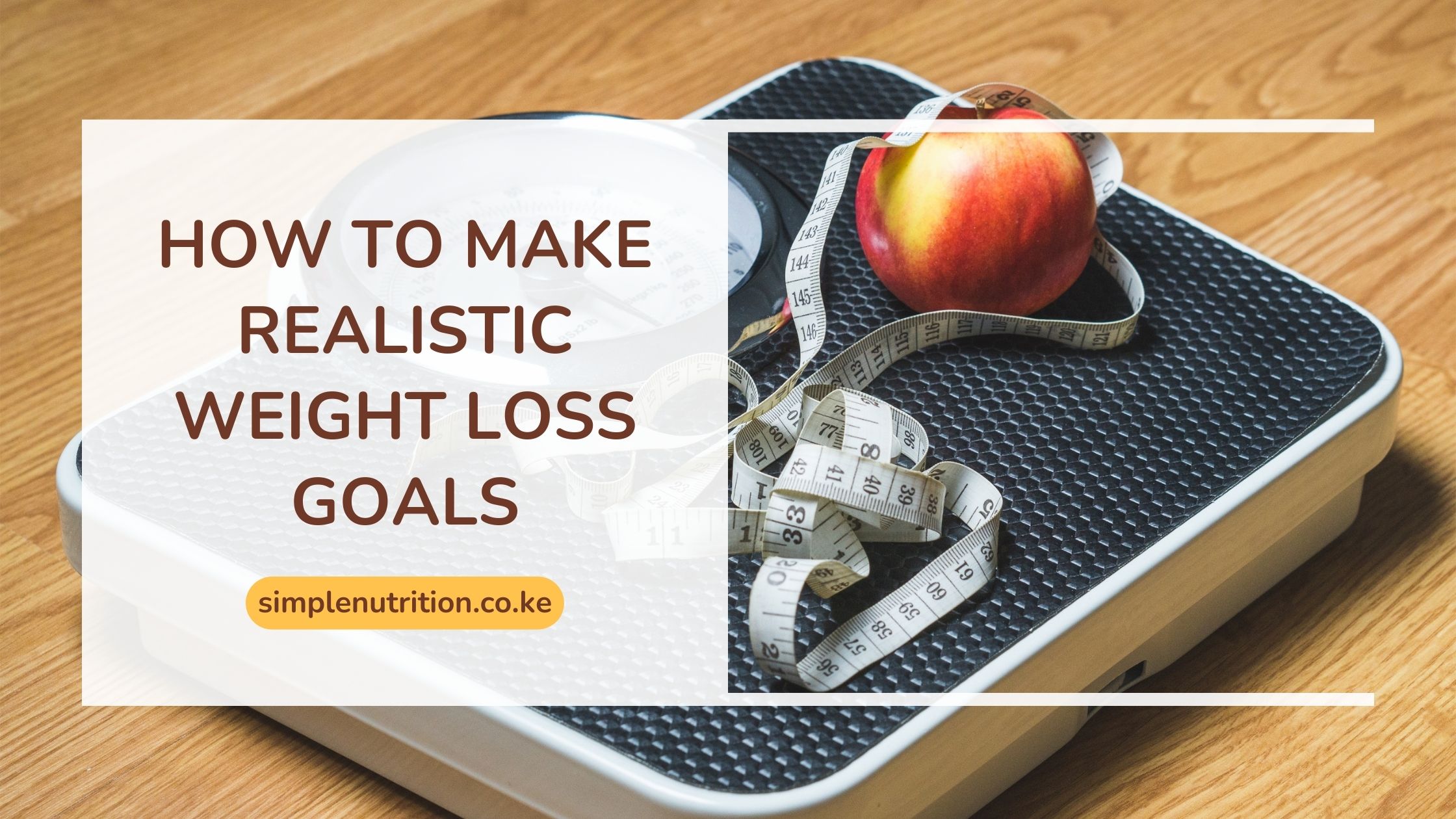What motivates you can be a deeply personal aspect of embarking on a weight loss journey. For some, it might be the desire to improve their health and reduce the risk of diseases associated with excess weight.
Others might be motivated by wanting to feel more confident in their appearance or to have more energy for daily activities. Understanding your motivations can help you set meaningful goals and stay committed when faced with challenges along the way. So, what motivates you on your journey towards healthier habits and weight loss?
People do have different reasons why they want to lose weight, maybe;
- Wanting to fit into clothes better can be a tangible and immediate goal that provides visible progress and boosts confidence.
- Managing blood glucose levels and blood pressure is crucial for overall health and can serve as a powerful motivators for adopting healthier habits.
- Additionally, the desire to belong to a certain group or feel more accepted can provide a sense of community and support during the journey.
- Ultimately, looking and feeling better is often a multifaceted motivation that encompasses both physical and emotional well-being.
- Keeping these motivations in mind can help you stay focused and committed as you work towards your weight loss goals. How do you plan to use these motivations to drive your progress?
Identifying and acknowledging your current eating and lifestyle habits is an essential first step in creating a successful weight loss plan. Once you’ve recognized the habits that may have contributed to weight gain, developing a simple and realistic plan can help you make sustainable changes.
Here are some steps you might consider including in your plan:
- Set Specific Goals: Define clear and achievable goals for your weight loss journey. These could be related to weight loss targets, dietary changes, or increasing physical activity.
- Make Gradual Changes: Instead of trying to overhaul your entire lifestyle overnight, focus on making small, manageable changes to your habits. This could involve gradually reducing portion sizes, swapping unhealthy snacks for healthier alternatives, or incorporating more physical activity into your daily routine.
- Create a Balanced Diet: Aim to create a balanced and nutritious diet that includes a variety of fruits, vegetables, lean proteins, whole grains, and healthy fats. Avoiding processed and high-calorie foods as much as possible can help support your weight loss efforts.
- Incorporate Physical Activity: Find enjoyable forms of physical activity that you can incorporate into your daily routine, whether it’s going for a walk, joining a fitness class, or playing a sport. Aim for at least 150 minutes of moderate-intensity exercise per week, as recommended by health guidelines.
- Stay Accountable: Keep track of your progress by logging your food intake, exercise activities, and any challenges or successes you encounter along the way. This can help you stay accountable and identify areas for improvement.
- Seek Support: Don’t hesitate to reach out to friends, family, or a support group for encouragement and accountability. Having a support system can make a big difference in staying motivated and sticking to your plan.
When you’re thinking about making goals for weight loss, you will need to make very SMART goals;
- S-specific
- M– measurable.
- A-achievable.
- R-realistic.
- T-time-based.
Specific.
Just because someone else is on a particular diet, it doesn’t mean you should be on that specific diet as well and follow it blindly. It might not work for you as it does for them, because being on a specific diet entails, time, money, and resources that not all of us have in the same quality and quantity. Number two, our bodies are built differently and that is why every weight loss journey is individualized. You want to make sure that the goals you are about to make are specific to you. Based on your lifestyle, and what you need to change.
- I want to stop eating chips starting today, or
- I want to do 30 minutes of exercise every day in the morning.
When you look at these two goals, you can quickly see a failure in waiting. A specific goal should be something like,
- I will only eat chips once this week, why? Behaviour change is a process, and the more you deny yourself food you like, the more you will crave it, you are going to win yourself off slowly but surely.
Measurable
To achieve a healthy diet, it’s important to set measurable goals. For example, instead of simply deciding to stop eating chips and soda, you should set a specific goal such as only eating a plate of chips once a week. This way, after one week, you can reflect on your progress and see if you were able to achieve your goal. Similarly, setting a goal to eat at least four portions of fruits and vegetables every day is a measurable and achievable goal. By tracking your progress and analyzing any difficulties you face, you can work towards making this a sustainable habit. Remember, achieving a healthy diet is a process and setting specific, measurable goals is a great way to stay on track.
Realistic
It’s only realistic to start small because you cannot say I don’t want to drink alcohol, not anymore and then stop taking alcohol completely. No, it’s a process, your body needs to adapt to it. We start small and continue to make permanent solutions in the future. Realistic because you want to make a goal that you can actually start to do. You are not to make permanent goals on day one as the possibility of you giving up is extremely high.
Time-Based
You are looking at these goals, and you’re giving them a period. This week, I will exercise three times, for 30 minutes. After one week you can really perform towards achieving your goal. If you can continue, if you need to make another goal, then you can be able to know.
Are your weight loss goals realistic? based on what we’ve learned are they specific, are they measurable, are they achievable? are they realistic, and time-based?
Discover more from Simple Nutrition
Subscribe to get the latest posts to your email.


